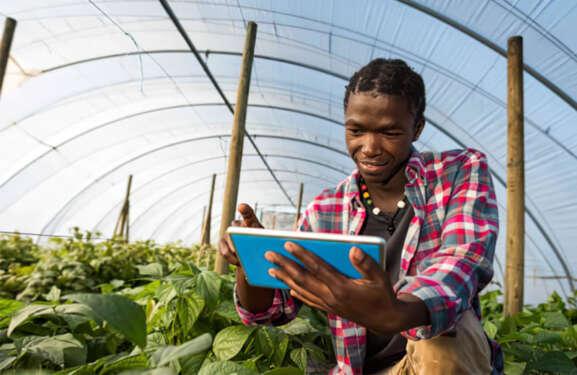It is with great joy and pride to say Africa is mounting the digitalization hill and none of the 54 countries seems to tire of the climb. From the emergence of mobile money in East Africa to the use of drone technology in monitoring farmland activities in Ghana, all seem as ground-breaking as the other digital operations executed in Africa.
Through the years East Africa has seen a surge in fintech exceeding expectations; services such as M-Pawa in Tanzania, M-Shwari and M-Pesa in Kenya (offered by Vodacom Tanzania and Safaricom Kenya respectively) has not only digitalized financing en masse for the unbanked but enabled digitalization in East Africa to soar to new heights.
[elementor-template id="94265"]
